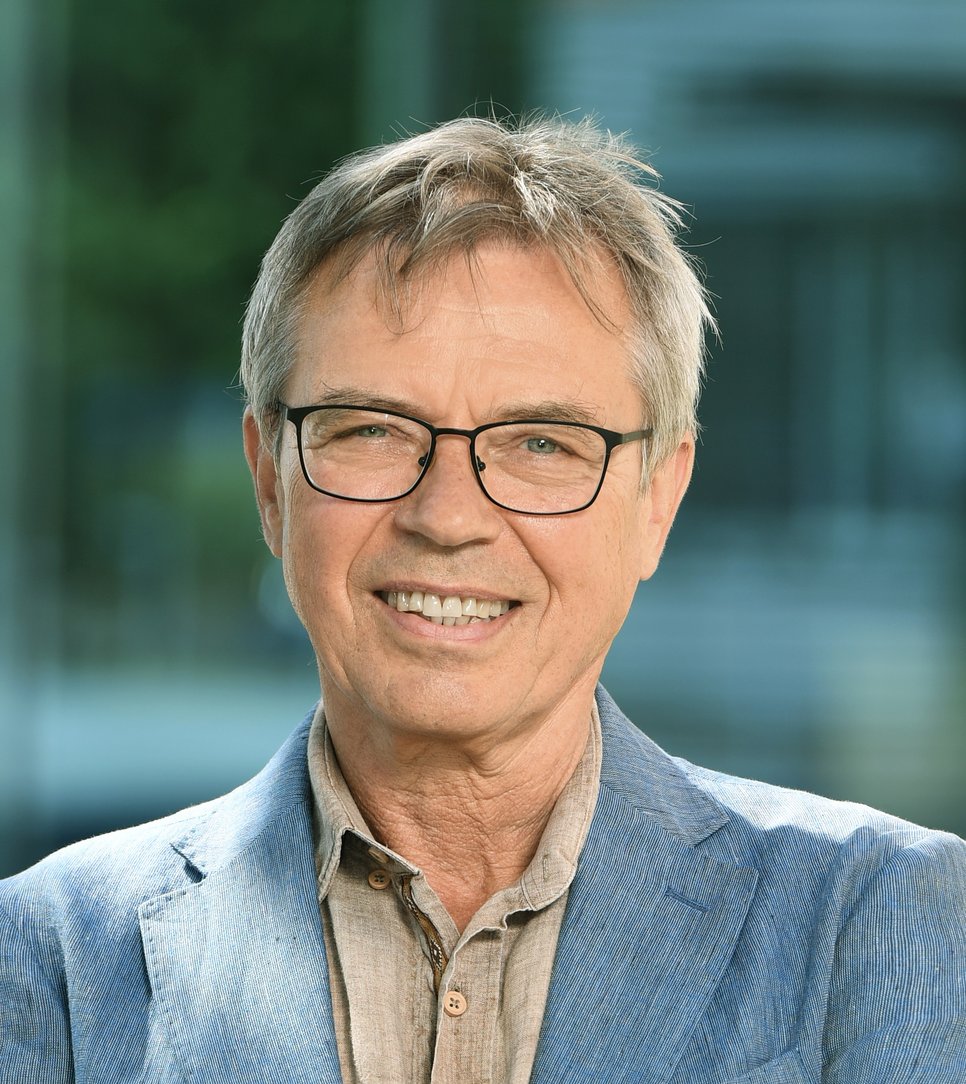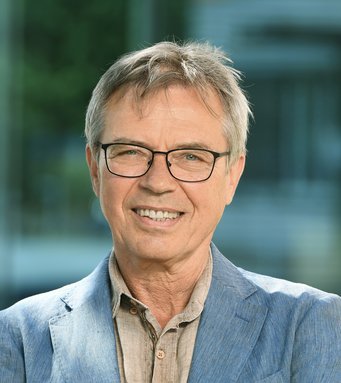Award for science-based policy advice
Jos Lelieveld from the Max Planck Institute for Chemistry receives the Carl-Friedrich-von-Weizsäcker-Prize.

In a nutshell:
- Honor: The Leopoldina and the Stifterverband have announced that Jos Lelieveld, Director Emeritus at the Max Planck Institute for Chemistry, has been awarded the 2024 Carl-Friedrich-von-Weizsäcker-Prize.
- Award-winning research: His work focuses on the atmosphere’s self-cleansing capacity and how emissions affect climate and human health.
- Political engagement: Lelieveld has demonstrated that air pollution and climate change cannot be considered separately, and he frequently advises policymakers and the public.
The German National Academy of Sciences Leopoldina and the Stifterverband announced on October 15, 2025 that they are awarding the Mainz-based atmospheric researcher Jos Lelieveld the Carl-Friedrich-von-Weizsäcker-Prize for his work on the self-cleaning capacity of the atmosphere and the effects of various emissions on climate and human health. According to the organizations, his work shows that air pollution and climate change are inseparable, and he frequently advises policymakers and the public. The €30,000 prize honors research addressing socially significant challenges and is Germany’s award for scientists working in science-based policy advice.
“I am proud of our colleague. Few have so profoundly advanced our understanding of how the air we breathe is intertwined with climate, health, and humanity’s future as Jos Lelieveld has. His scientific brilliance, his tireless commitment, and vision for a healthier, better world are rightly recognized and publicly honored by the Carl-Friedrich-von-Weizsäcker-Prize,” said Gerald Haug, Managing Director of the Max Planck Institute for Chemistry.
“Receiving this award is a great honor, and it motivates me to continue, on a scientific basis, to raise awareness of the health impacts of air pollution and its connection to climate change,” said Jos Lelieveld, who years ago included clean air a key theme in the list of the United Nations’ 17 Sustainable Development Goals in his public lectures.
Jos Lelieveld, a Dutch national, led the Department of Atmospheric Chemistry at the Max Planck Institute for Chemistry in Mainz from 2000 to 2025 and serves as Director Emeritus since the summer of 2025. He is also a professor at the Cyprus Institute.
Jos Lelieveld’s research focused on ozone photochemistry and the atmosphere’s natural self-cleaning capacity. A student of Nobel laureate Paul Crutzen, he also investigated how reactive gases and aerosols shape biogeochemical cycles and climate. He pioneered aircraft-based measurement campaigns and built models to simulate coupled chemical–meteorological processes. His work clarified how clouds affect ozone chemistry and how the Asian monsoon supports the atmosphere’s regenerative power. He also used this expertise to highlight the risks posed by nuclear disasters such as those in Fukushima and Chernobyl.
More recently, Jos Lelieveld has investigated the health consequences of air pollution and the influence of emissions on mortality rates, and has advised policymakers and society on prioritizing emission reductions and setting guidelines to lower health risks amid air pollution and environmental change. He emphasizes practical solutions and the health–climate co-benefits of transitioning to clean, renewable energy.
